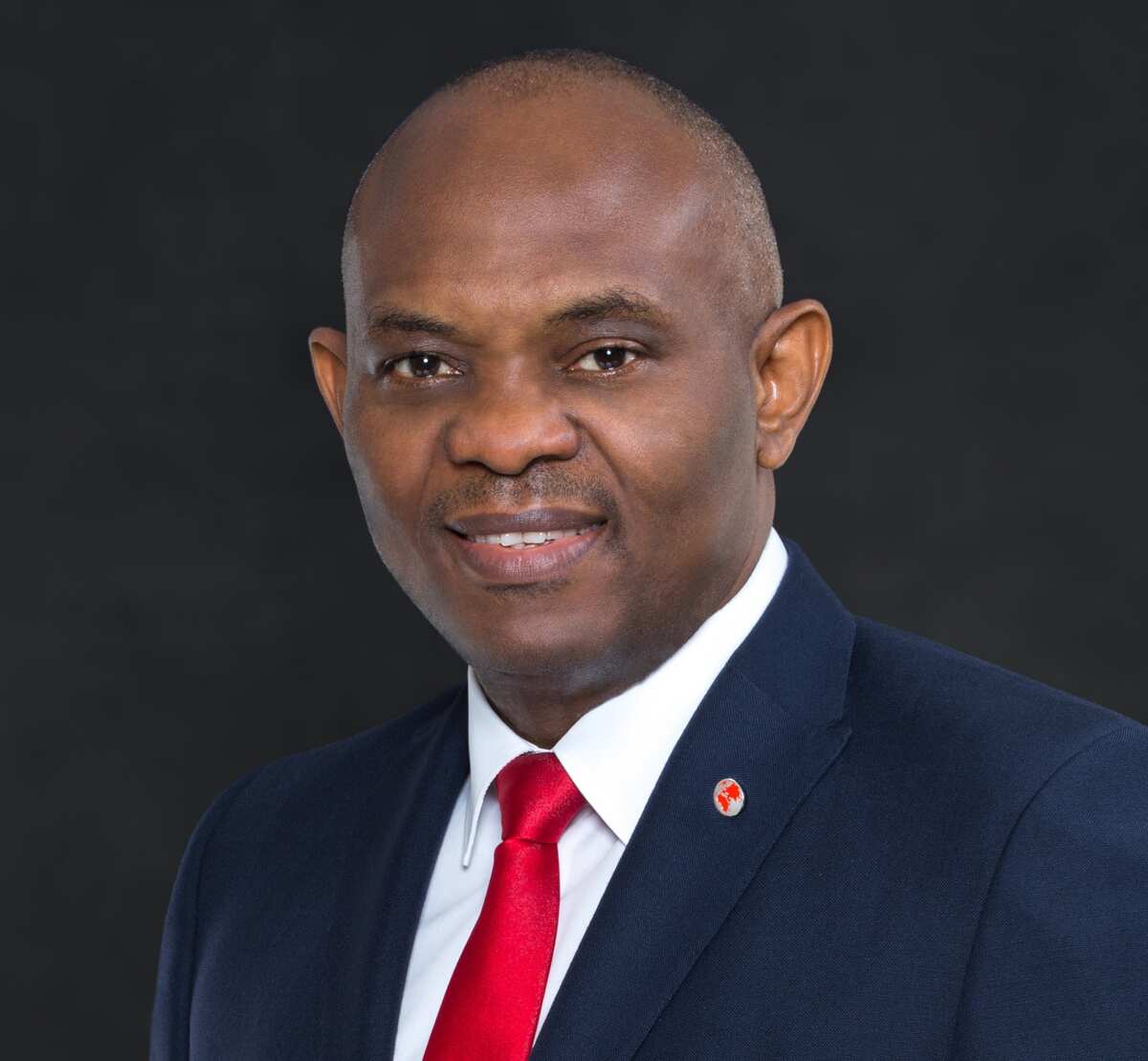Nigerian billionaire businessman, Tony Elumelu, has taken to his Instagram page to show that he is fit and flexible.
Sharing a number of photos from a yoga session, the billionaire revealed that he was compelled to have the exercise session due to the amount of cakes he consumed the day before - February 14.

Billionaire Tony Elumelu, shows off his flexibility during Yoga session (Photos)
Source: UGC
"Had to get my workout in this morning after yesterday Valentine’s cake splurge!
"#friday #workout #yoga #yogi #TOEWay #ValentinesDay #Cake"
READ ALSO: Tony Elumelu celebrates mother’s 90-year-old birthday in style
The billionaire will be 56 next month but with these new photos he just shared, we think baba is as fit as a lion! LOL
Not long ago, the billionaire was spotted with music sensation, Wizkid, who had announced his break from social media. Many people think it is another business move by the smart billionaire!
NAIJ.com (naija.ng) -> Legit.ng We have upgraded to serve you better.
Success story of Nigerian woman who owns an Aso Oke business (Person Documentary) | Faces of Nigeria | Legit.ng TV
Source: Legit.ng
from Nigeria News today & Breaking Naija news ▷ Read on Legit.ng 24/7 http://bit.ly/2tnFL4r
via EDUPEDIA24/7
Comments
Post a Comment